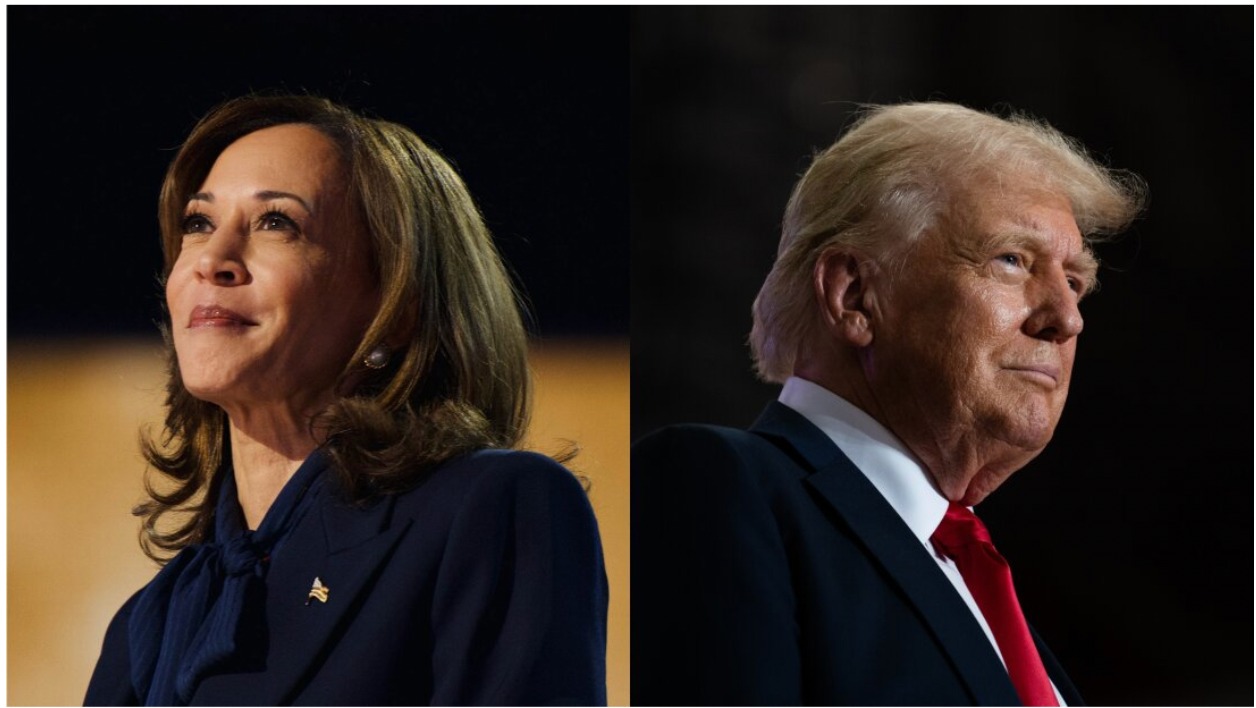
A new analysis from the nonpartisan Committee for a Responsible Federal Budget reveals that under a potential Kamala Harris presidency, the national debt could rise by $3.5 trillion over the next decade. In contrast, proposals from former President Donald Trump could exacerbate the situation, potentially adding between $7.5 trillion to $15.2 trillion to the debt.
Harris’s Economic Policies
Harris’s campaign emphasizes fiscal responsibility, asserting that investments in the middle class and housing would be funded by increased taxes on corporations and the wealthy. However, the analysis suggests that even with these tax increases, her proposals might not fully offset the costs, leading to a significant rise in national debt.
Trump’s Fiscal Approach
Trump’s economic plans are projected to deepen the deficit, with claims of strong economic growth countered by expected increases in borrowing. The analysis warns that his proposals could substantially increase the debt, even as he argues that economic expansion would mitigate these concerns.
Current Debt Landscape
With total federal debt exceeding $28 trillion, the analysis highlights that servicing this debt has outstripped costs associated with national defense and healthcare for the elderly. It points out that under both candidates’ plans, debt is likely to grow faster than the economy.
Expert Opinions
Experts, including Harvard economist Jason Furman, indicate that Harris’s policies could either cut deficits by $1.5 trillion or increase them by the same amount. In contrast, Trump’s plans are estimated to increase deficits by around $5 trillion, excluding additional proposals like tax breaks on overtime pay.
Conclusion
As the November election approaches, neither candidate has prioritized deficit reduction in their campaigns. However, the analysis underscores a distinct divergence, with Harris’s approach potentially offering more fiscal responsibility compared to Trump’s more aggressive spending proposals. The implications of these plans will be crucial for the future economic health of the nation.







